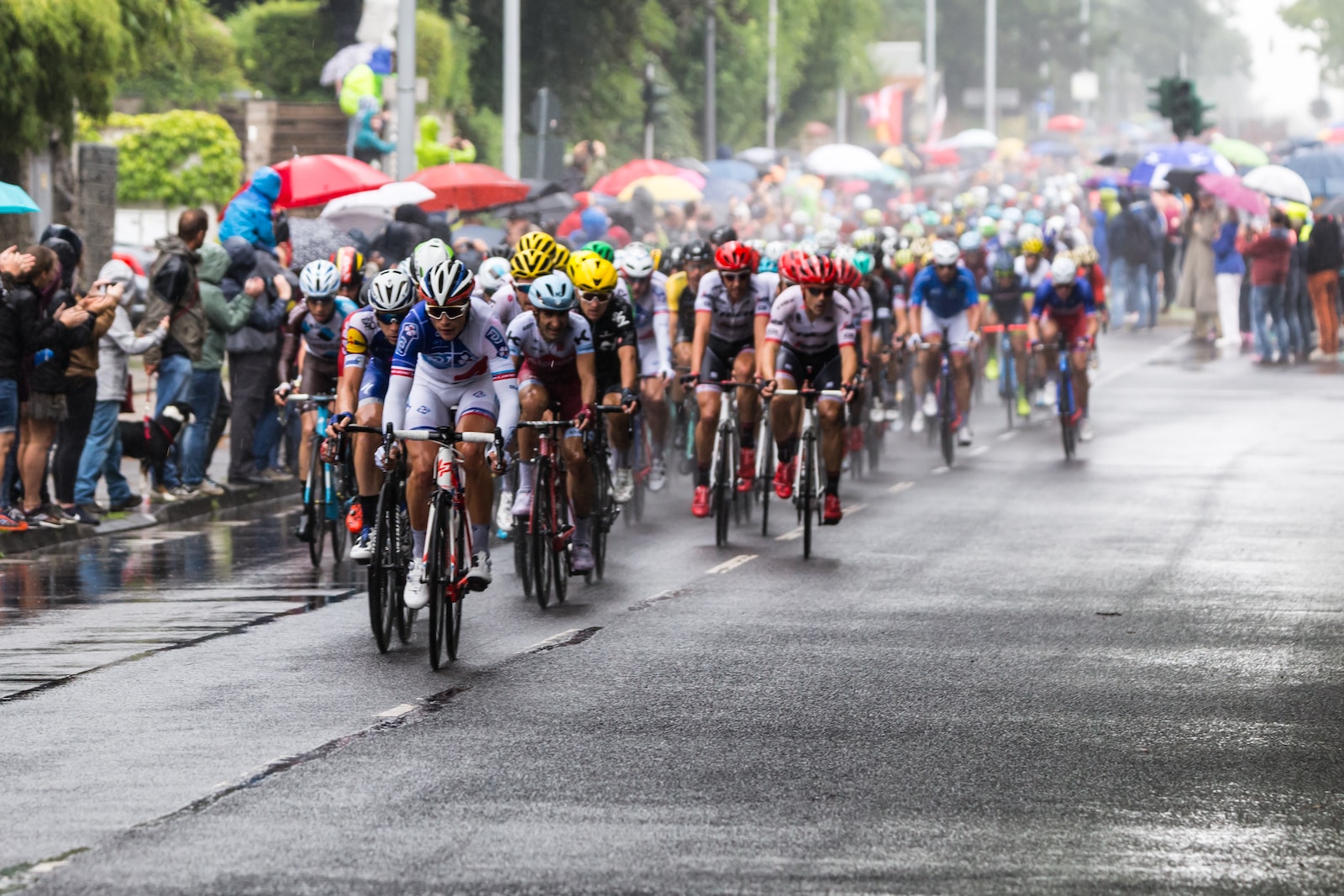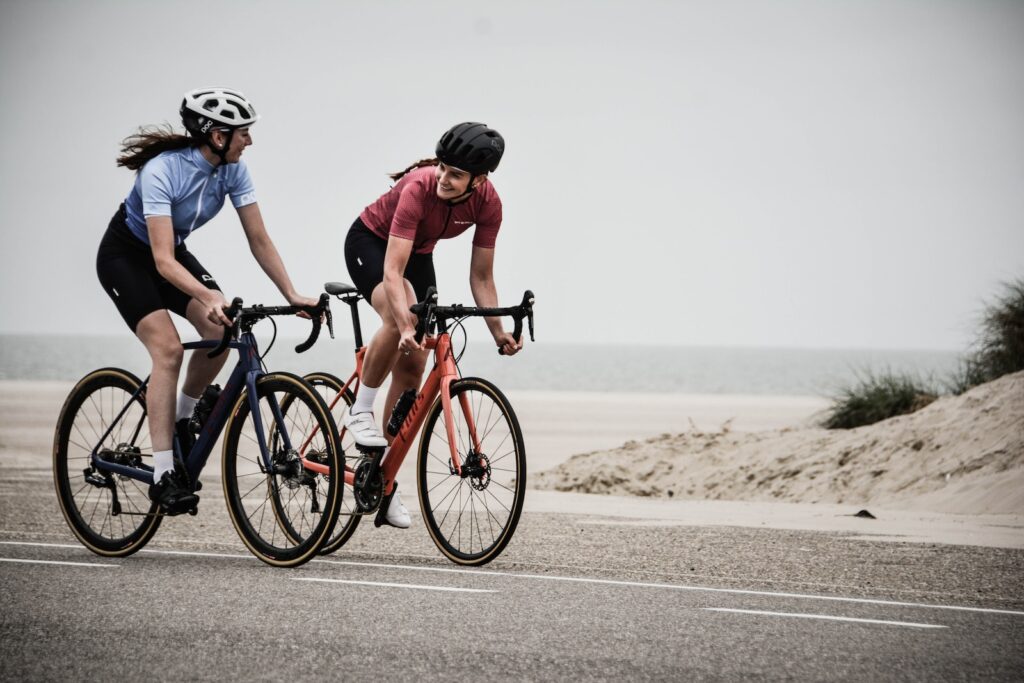Table of Contents
The Tour de France is a long-distance, multi-stage bicycle race that takes place in France every July. The race typically covers a distance of 3,500 kilometers (2,200 miles), but the exact distance can vary from year to year. The 2023 Tour de France will cover a distance of 3,405 kilometers (2,116 miles).

The distance of the Tour de France has changed over the years. The first Tour de France in 1903 covered a distance of 2,428 kilometers (1,505 miles). The distance of the race has gradually increased over the years, and it reached a peak of 4,080 kilometers (2,530 miles) in 1926. The distance of the race has been declining since then, and it has been around 3,500 kilometers (2,200 miles) for the past few decades.
The History of the Tour de France’s Distance
The distance of the Tour de France has changed over the years for a number of reasons. One reason is that the race organizers have been trying to find a balance between making the race challenging enough for the cyclists, while also making it accessible to spectators. Another reason is that the race organizers have been trying to take the race to new parts of France.
The Factors That Affect the Distance of the Tour de France
There are a number of factors that affect the distance of the Tour de France. One factor is the number of stages in the race. The race typically has around 21 stages, but the number of stages can vary from year to year. Another factor is the length of each stage. The stages in the Tour de France can vary in length from around 100 kilometers (62 miles) to over 200 kilometers (124 miles).
The Average Speed of the Tour de France
The average speed of the Tour de France is around 40 kilometers per hour (25 miles per hour). However, the average speed can vary depending on the type of stage. The average speed of the mountain stages is typically lower than the average speed of the flat stages.
The Time It Takes to Complete the Tour de France
The time it takes to complete the Tour de France can vary depending on the cyclist. The fastest time to complete the Tour de France is 86 hours, 40 minutes, and 34 seconds, which was set by Miguel Indurain in 1994. The average time to complete the Tour de France is around 100 hours.
The Different Types of Stages in the Tour de France
There are three main types of stages in the Tour de France: mountain stages, flat stages, and time trials.
- Mountain stages are the most difficult stages in the Tour de France. They typically involve climbing steep mountains, and they can be very challenging for the cyclists.
- Flat stages are the easiest stages in the Tour de France. They typically involve riding on flat roads, and they are not as challenging for the cyclists.
- Time trials are individual races against the clock. They are typically held on flat roads, and they are very challenging for the cyclists.
The Challenges of the Tour de France
The Tour de France is a very challenging race. The cyclists must be in top physical condition to complete the race. They must be able to ride long distances, climb steep mountains, and sprint to the finish line. The cyclists must also be mentally tough to deal with the fatigue, pain, and pressure of the race.

The Rewards of the Tour de France
There are many rewards for completing the Tour de France. The most obvious reward is the glory. The winner of the Tour de France is considered to be one of the best cyclists in the world. The winner also receives a large sum of money.
Another reward for completing the Tour de France is the personal satisfaction. The cyclists who complete the Tour de France have achieved something truly remarkable. They have pushed themselves to their limits and overcome incredible challenges.
FAQs
Q: How long does it take to complete the Tour de France?
The average time to complete the Tour de France is around 100 hours. However, the time it takes to complete the race can vary depending on the cyclist. The fastest time to complete the Tour de France is 86 hours, 40 minutes, and 34 seconds, which was set by Miguel Indurain in 1994.
Q: What are the most difficult stages in the Tour de France?
The most difficult stages in the Tour de France are the mountain stages. These stages typically involve climbing steep mountains, and they can be very challenging for the cyclists.
Q: What are the most important factors for winning the Tour de France?
There are a number of factors that are important for winning the Tour de France. These factors include physical fitness, mental toughness, teamwork, and luck.
Q: What is the future of the Tour de France?
The future of the Tour de France is uncertain. The race has been facing a number of challenges in recent years, including declining viewership and doping scandals. However, the Tour de France remains one of the most prestigious cycling races in the world, and it is likely to continue for many years to come.